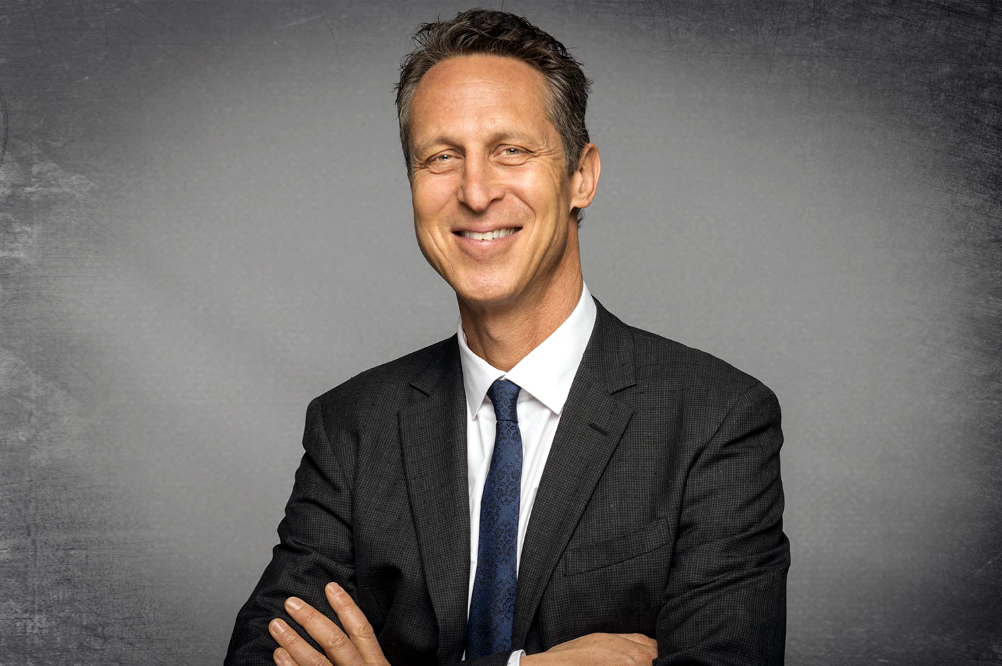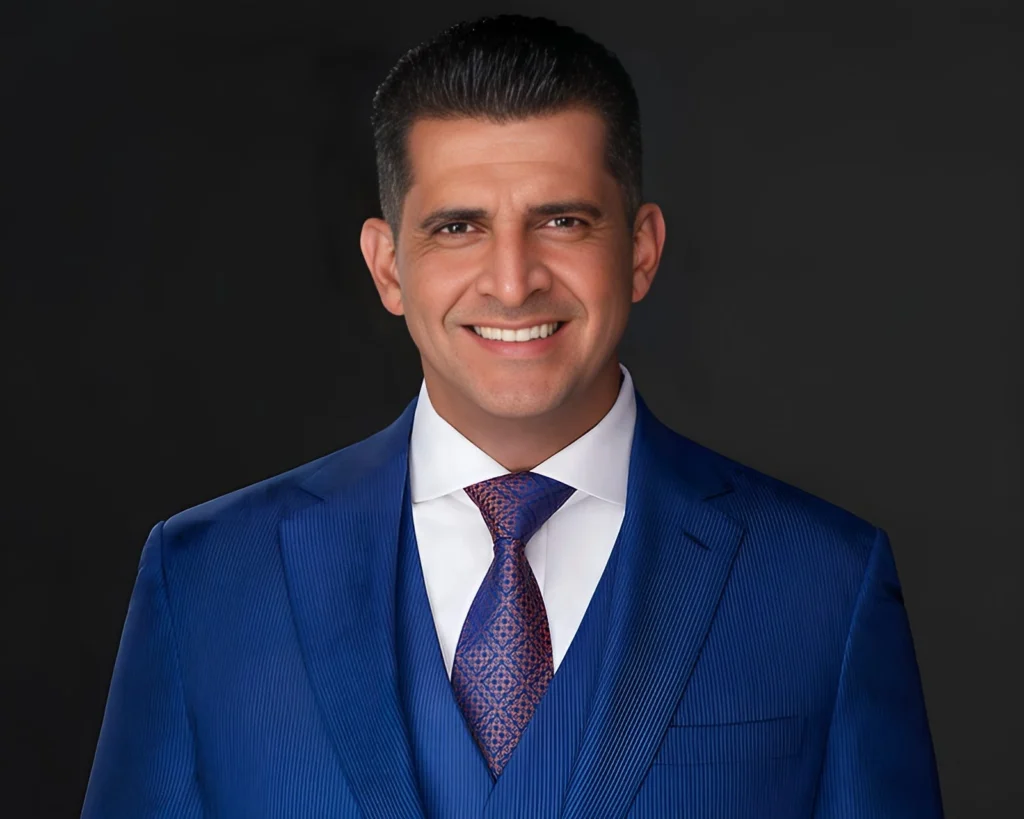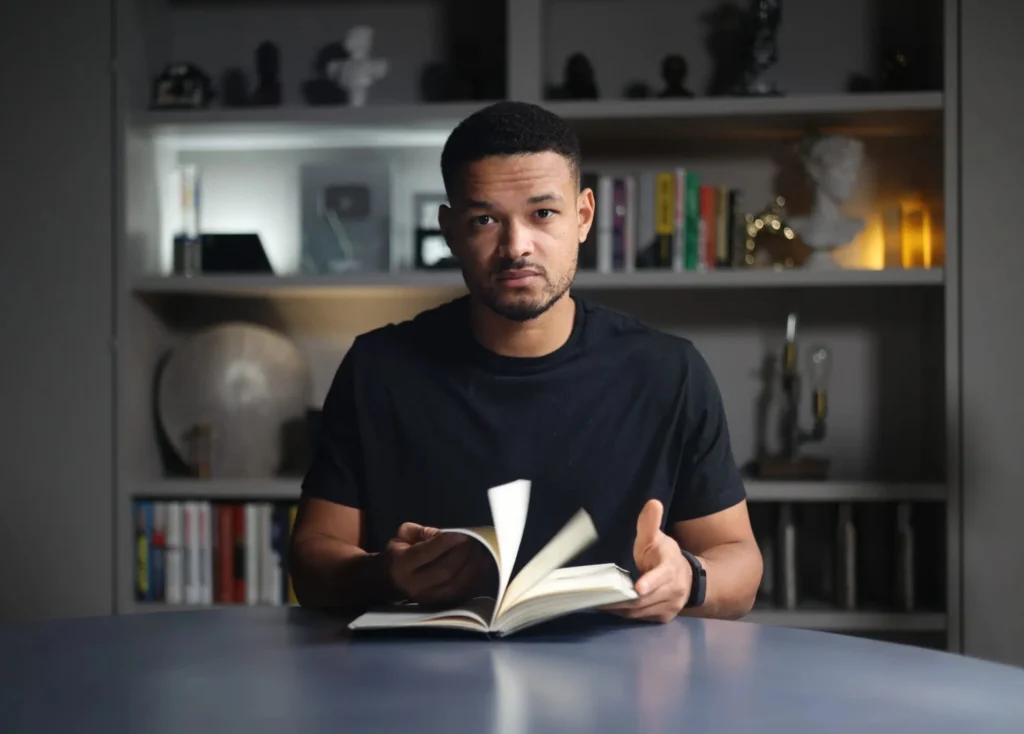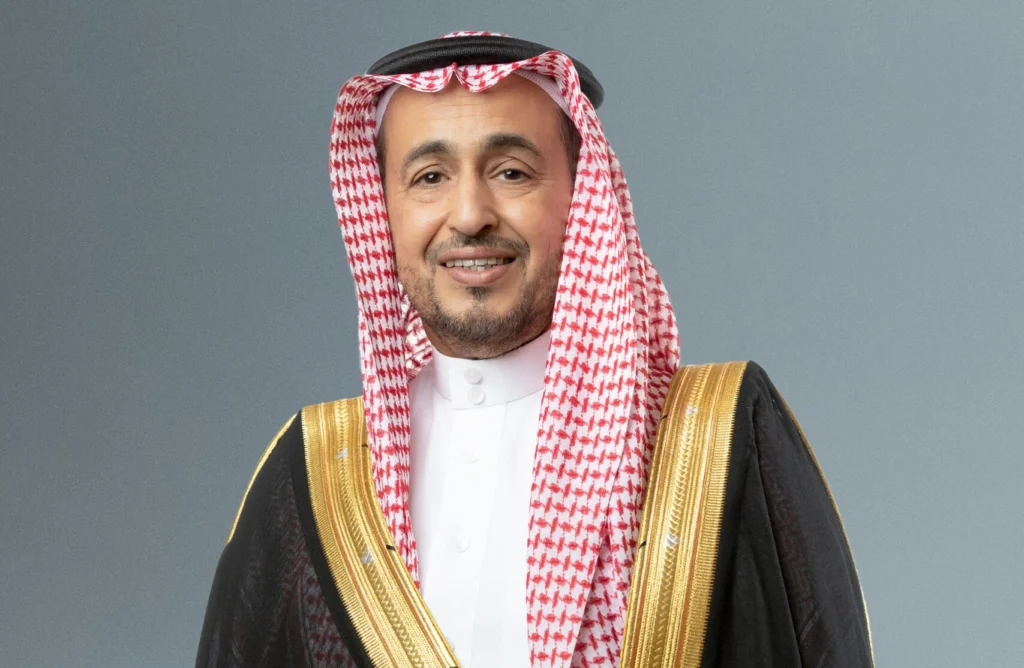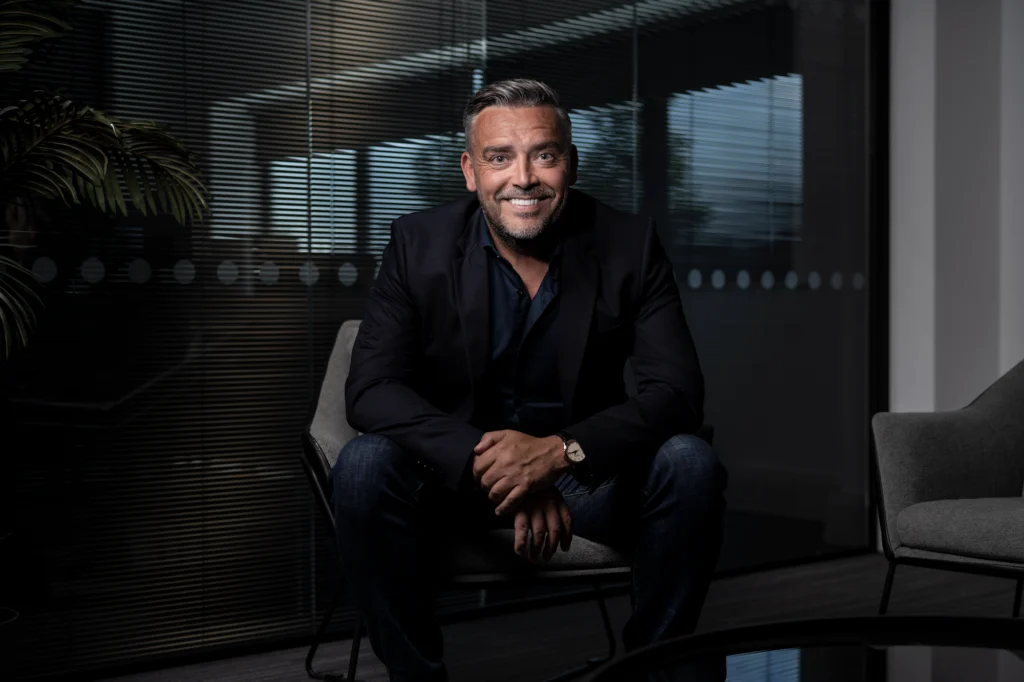Dr. Mark Hyman The Functional Medicine Visionary Changing the Future of Healthcare
DR. MARK HYMAN THE FUNCTIONAL MEDICINE VISIONARY CHANGING THE FUTURE OF HEALTHCARE By Peter Davis In a world increasingly shaped by chronic illness and lifestyle-related diseases, few voices have resonated as powerfully, or as persistently, as that of Dr. Mark Hyman. A renowned physician, 15-time New York Times bestselling author, and leading advocate of functional medicine, Dr. Hyman has dedicated his life to reshaping how we understand health. His mission is simple yet revolutionary: to heal disease by addressing its root causes rather than merely treating symptoms. Through his clinical work, media presence, and influential platforms like Function Health and The UltraWellness Center, Hyman continues to pioneer a holistic, personalized approach to wellness that has captured the attention of both patients and professionals worldwide. Dr. Hyman’s early experiences in traditional family medicine and emergency care gave him an insider’s perspective on the limitations of conventional healthcare. He saw patients being prescribed medications without real answers, trapped in cycles of treatment that failed to address the core issues. This realization inspired him to dig deeper, to study nutrition, lifestyle, environment, and the complex biochemistry of the human body. What he uncovered eventually led him to functional medicine, an emerging field focused on treating the root causes of disease through individualized care plans and integrative diagnostics. In 2004, he founded The UltraWellness Center in Lenox, Massachusetts, where patients would be treated as whole people, not a set of isolated symptoms. It was one of the first centers of its kind and has since become a model for integrative health practices. In 2014, he brought this approach to the forefront of institutional medicine by establishing the Center for Functional Medicine at the Cleveland Clinic. This marked a significant moment of validation for functional medicine, bridging the gap between holistic care and mainstream healthcare systems. Yet Dr. Hyman’s influence extends far beyond the exam room. He is an outspoken public health advocate who has testified before Congress and consulted with national health leaders. Through initiatives like the Food Fix Campaign, he is calling for systemic reform in agriculture and nutrition policy, arguing that our food system is at the heart of both our personal and planetary health crises. He believes food is the most powerful drug we have and that it should be used wisely to treat, prevent, and reverse chronic disease. One of his most forward-thinking endeavors is Function Health, which he co-founded to provide consumers with direct access to in-depth health diagnostics. This platform offers testing for hundreds of biomarkers, from hormones and vitamins to early cancer indicators, empowering people to understand and improve their health before disease takes root. With rapid growth, celebrity backing, and integration into major wellness ecosystems, Function Health is emblematic of Hyman’s vision: that everyone should have the tools to live not just longer, but better. Dr. Hyman’s voice also echoes through his bestselling books and top-rated podcast, The Doctor’s Farmacy, where he explores topics ranging from metabolic health to environmental wellness. His writing distills complex medical information into accessible, actionable advice. Titles like The Pegan Diet, Young Forever, and Food Fix have educated millions on how to transform their lives through food, lifestyle, and understanding their bodies. His “pegan” philosophy—a fusion of paleo and vegan principles, emphasizes nutrient-rich, whole foods with a flexible, balanced mindset, appealing to a wide range of dietary needs. Of course, as with any trailblazer, Dr. Hyman’s work hasn’t been without controversy. Critics have challenged some aspects of functional medicine, labeling it as unverified or outside the scope of evidence-based practice. Hyman acknowledges these debates but points out that many modern health systems are failing in the face of rising rates of obesity, diabetes, and autoimmune diseases. His goal, he often says, is not to replace conventional medicine, but to evolve it—to take the best of modern science and marry it with timeless principles of nutrition, prevention, and patient-centered care. At the heart of Dr. Hyman’s work is a belief in systems. He sees the body as a system, the environment as a system, and society as a system and argues that real healing happens when we treat the whole. Whether working with underprivileged families to combat food deserts or advising Fortune 500 CEOs on how to optimize their longevity, his message remains consistent: that health is not a luxury, but a birthright, and that through informed choices, anyone can reclaim their vitality. As we face an uncertain future marked by health disparities, ecological strain, and an overburdened medical infrastructure, voices like Dr. Hyman’s are more vital than ever. His life’s work challenges us to think differently about medicine—not as a quick fix, but as a lifelong partnership with our bodies. By empowering individuals with knowledge, advocating for sustainable food systems, and pushing the boundaries of innovation in diagnostics, Dr. Mark Hyman is not just changing lives he’s helping redesign the future of health.
